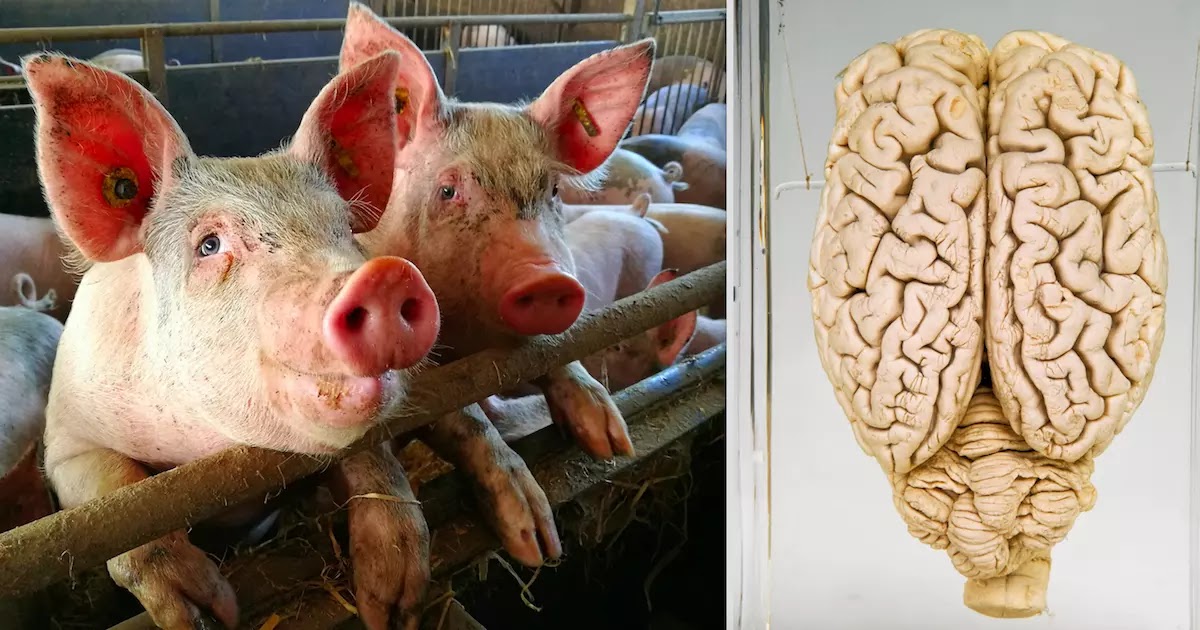
The scientific journal 'Nature' has published a study which reveals that scientists have been able to restore neural brain function to pigs that had already died, putting the spotlight on how difficult it is to determine what is both dead and alive and whether life could be restored to animals, and even human beings, whose lives have recently ended.
In the study, it is revealed that the team at Yale School of Medicine built a system called 'BrainEx', which attempts to take over the functions of the brain. They then attached this system to the brains of 32 pigs who had been killed four hours earlier. At the time the brains had also been removed from the bodies of the dead pigs.
BrainEx then pumped fluid into the brain to simulate the blood-flow of a living brain, added nutrients via the solution, and made sure oxygen was also supplied. Amazingly, the cells in the brain began to act as they would if the brain was still semi-functional. The dead cells even began metabolising sugars, and neurons could be seen to carry an electrical signal, a key feature of consciousness.
The brains were kept in this state for 36 hours before being discarded.
While no brain activity approaching 'consciousness' was achieved, scientists believe that this could speed up treatments for diseases of the brain in humans such as Alzheimer's and Parkinson's.
Nita Farahany, a bioethicist at the Duke University School of Law, told theNational Geographic:
"This is an extraordinary and very promising breakthrough for neuroscience. It immediately offers a much better model for studying the human brain, which is extraordinarily important, given the vast amount of human suffering from diseases of the mind [and] brain."
Some have however questioned the ethics of restoring brain activity to dead animals, particularly if this technology was to become more powerful, and allow for the 'conscious existence' of either 'dead' humans or 'dead' animals. A point highlighted by Jonathan Moreno, a bioethicist at the University of Pennsylvania, who told The New York Times:
"This is wild. If ever there was an issue that merited big public deliberation on the ethics of science and medicine, this is one."
[Based on reporting by: Big Think]












COMMENTS